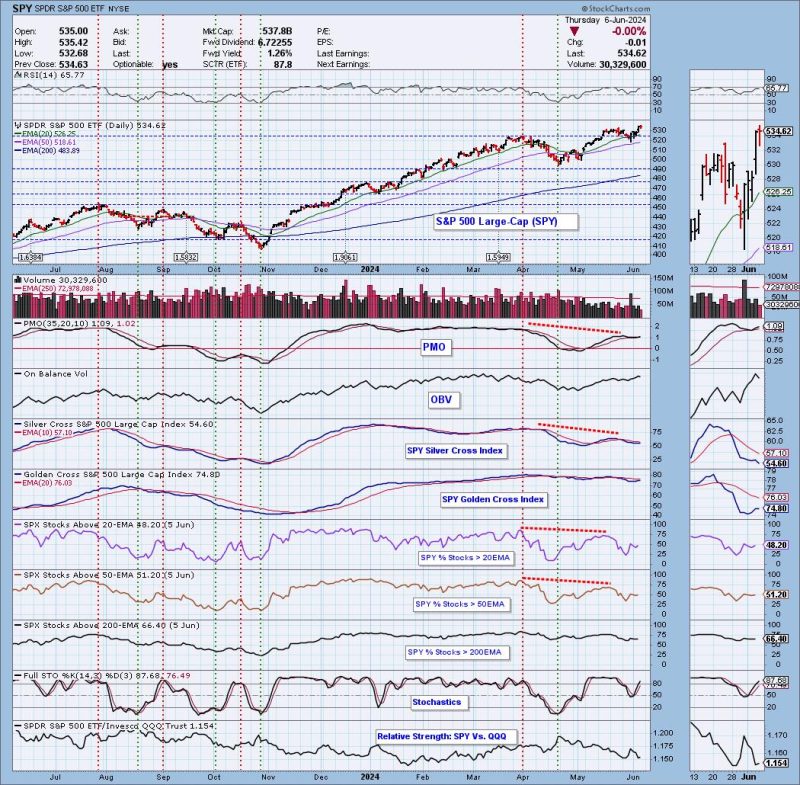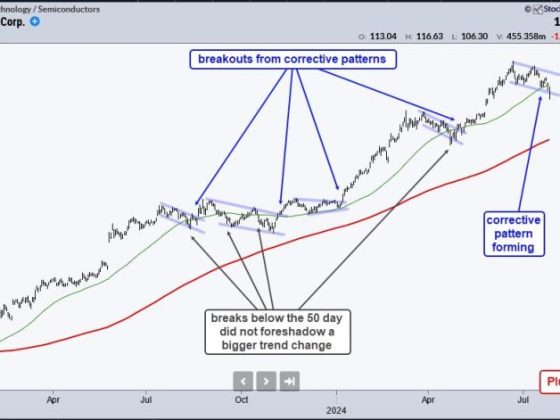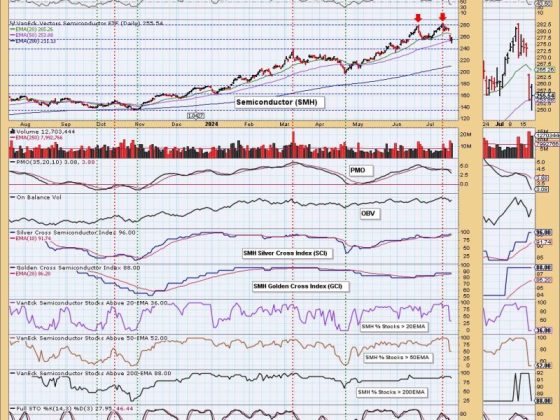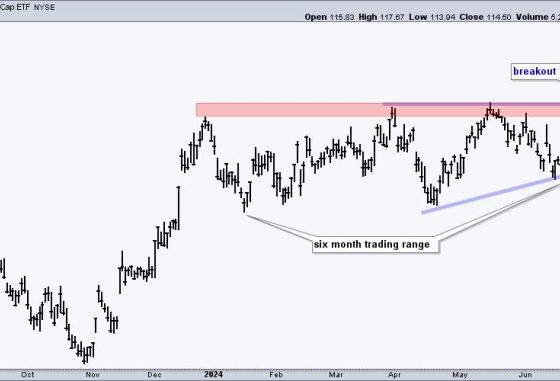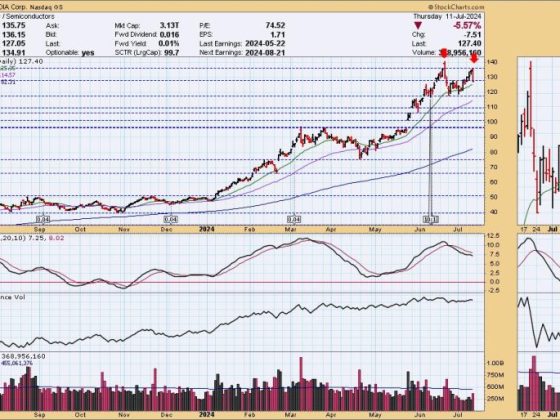The technology sector, a key player that has fueled much of the growth experienced in the global economy in recent decades, appears to be experiencing a phase of faltering participation and stagnation. Several reasons are contributing to this cooling off, combining market dynamics, geopolitics, and changing consumer behaviors and expectations.
One of the main factors contributing to this deceleration is the maturity of the technology market, especially in developed economies. Over the years, technology-based products and services have flooded markets to a saturation point, where the number of innovations that truly disrupt the status quo has noticeably decreased. Consumers, once dazzled by every tech release, now appear jaded and harder to impress. The law of diminishing returns is in effect; as increasing amounts of technology are introduced, the marginal benefit to consumers and businesses slowly declines.
Additionally, geopolitical issues are introducing uncertainty and hampering ease of business within the tech sector. With government regulations becoming stricter and trade wars escalating between technology-producing superpowers, the technology sector faces challenges in production and distribution. For example, the U.S – China trade war has not only made it difficult for technology companies to source cheaper parts but has also created instability, pushing investment and participation away.
Also, data privacy issues are casting a serious shadow on the tech industry. In the past, the rapid expansion of tech companies was bolstered by seemingly limitless accessibility and processing of users’ data, enabling them to curate and offer personalized experiences. However, scandals revealing misuse of personal information, followed by the introduction of dispatching data protection laws like the GDPR in the EU, have hindered companies’ access to such a potent resource, significantly diluting their operational and strategic potency.
On the other hand, advances in technology have prompted a shift in consumer preferences. The trend towards more sustainable and ethically sound products is not just a fad; it’s a definitive segue. Tech consumers are now evaluating their choices based not merely on cutting-edge features but also on the impact their purchase might have on the environment and society. This shift in consumer behaviors is slowing down participation in the tech sector as it scrambles to meet these new demands.
Moreover, the diminishing marginal utility of high-tech gadgets and services is prompting a reassessment of the value of technology. The average consumer is beginning to question whether the latest technologically sophisticated gadget is really worth its hefty price tag. This is reflected in extended replacement cycles, as seen with smartphones, where consumers are waiting longer to upgrade their devices. This shift in consumer perspective is causing a dip in sales and reducing general participation within the technology sector.
Finally, let’s not forget the potential risk of economic downturns. As economic uncertainty grows, companies naturally become more cautious in their investments. Considering the high costs associated with technological advancements — from research and development to launch — many companies might choose to put new projects on hold, contributing to the industry’s visible slowdown.
In conclusion, it’s evident that there are several intertwined factors causing a fade in technology sector participation. A saturated market, rising geopolitical tensions, issues surrounding data privacy, shifts in consumer preferences, along with the marginal utility and economic uncertainty, are all contributing to this sluggishness. Identifying and addressing these challenges will be key to reviving the sector and ensuring its sustainable, inclusive growth for the years to come.

